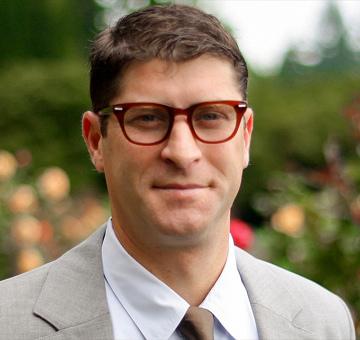In Focus: Intel and Responsible Mineral Sourcing
By Aiste Brackley

Originally published by SustainAbility
Intel is recognized for its achievements on supply chain sustainability. The company has manufactured microprocessors that are conflict-free since 2013 and has been a leader in eradicating forced labor practices. Aiste Brackley spoke to Dr. Adam Schafer, who leads supply chain sustainability initiatives at Intel and is also on the Steering Committee of the ERM Group’s first Mining and Technology Forum, to take place in 2020.
Aiste Brackley: What is unique about Intel’s supply chain?
Adam Schafer: Unlike many electronics companies, we have two significant supply chains. We’re a manufacturing company with factories in the US, Europe and Asia. There is significant effort involved in managing supply chain sustainability at those factories – materials, equipment, emissions, recycling and other environmental issues.
We also have a significant supply chain of outsourced manufactured components. We work with original device and component manufacturers – everything from cast metal components for a hard drive to more complicated integrated electronic parts.
We must work across both of these communities to bring the total picture of sustainability together.
Intel has a strong record on supply chain sustainability. What are some of your achievements that you are most proud of?
The most fundamental achievement is not something that we have been able to achieve alone. The Responsible Business Alliance was started in mid-2000s by less than a dozen of companies, and Intel was one of them. It is now the world’s largest industry coalition dedicated to corporate social responsibility in global supply chains, representing trillions of dollars of revenue from many industries.
Another major achievement has been our leadership around eliminating conflict minerals. We were among the founders of the Responsible Minerals Initiative. We have always taken the view that the most effective way to address issues around conflict minerals is not to run away from them but drive robust due diligence in the regions and improve sourcing.
The collective work of companies had big impact on the regulatory landscape, paving the way for regulatory measures such as the Dodd-Frank Act, which requires companies to report publicly on their due diligence to eliminate conflict minerals in supply chain, and the EU Conflict Minerals Regulation, set to come into force in 2021.
We’re not by any means done or perfect. But we have taken a very consistent view on who we are and how various issues fit into our Code of Conduct. Leading from the front is the appropriate way to drive our and other industries to be more sustainable.

